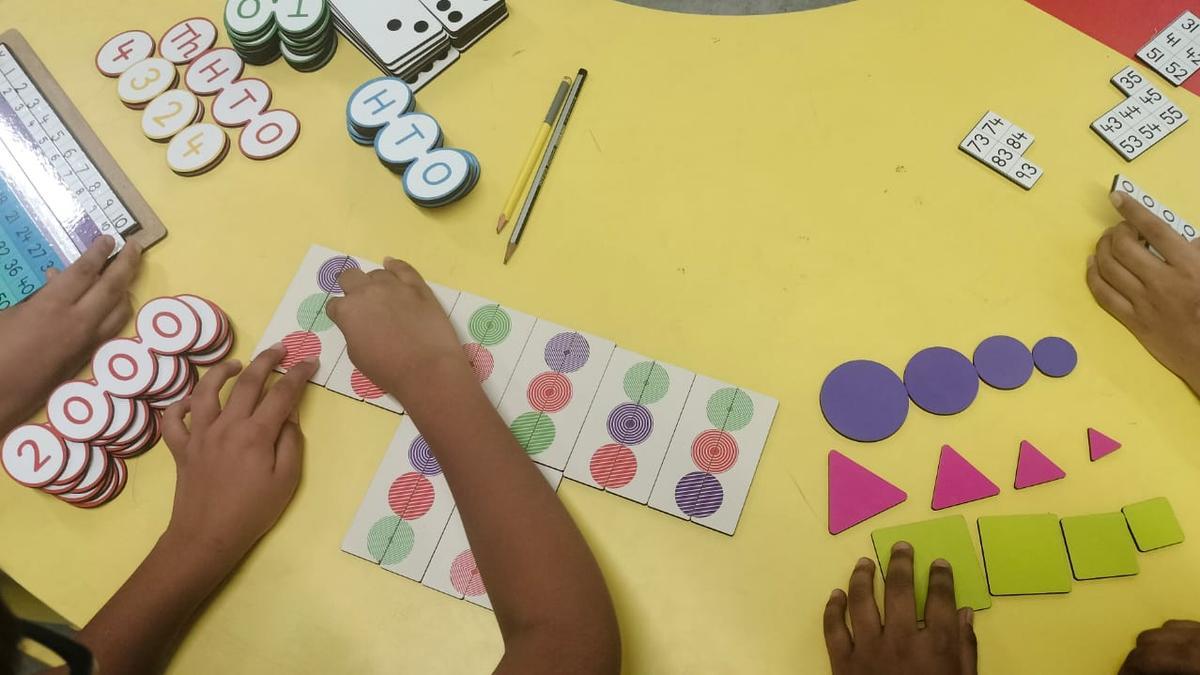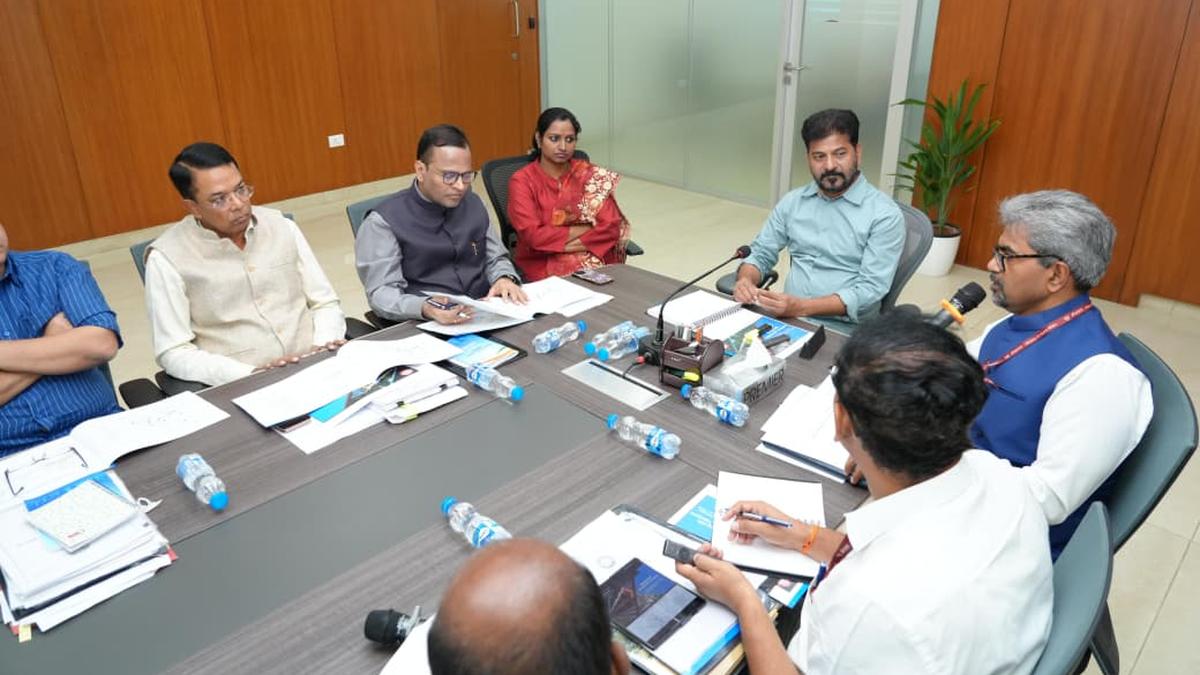Now Reading: Madras Dyslexia Association’s Toolkit Simplifies Math for Children with Dyscalculia
-
01
Madras Dyslexia Association’s Toolkit Simplifies Math for Children with Dyscalculia
Madras Dyslexia Association’s Toolkit Simplifies Math for Children with Dyscalculia

Quick Summary
- The Madras Dyslexia Association (MDA) has launched a toolkit titled ‘Count on Me’ too assist children with dyscalculia,a math learning disability.
- Designed for children from kindergarten to Class V, the toolkit aims to make math learning fun and accessible for those with difficulties in numbers and arithmetic concepts.
- The kit includes 18 activity-based materials, 64 worksheets, an evaluation checklist, a teacher’s manual, and activity videos.
- It features color-coded booklets that progressively teach addition, subtraction, multiplication, division, fractions, and decimals. Complexity levels are distinguished via four color codes based on the level of guidance needed: red (high guidance) through blue (low guidance).
- Special attention was given to relatable forms of number representation; small details such as practical handwriting examples were incorporated.
- Teachers in 50 schools across Chennai are currently using the toolkit for inclusive education programs geared toward children struggling with spatial awareness and mathematical visualization issues.
- Positive feedback has encouraged expansion plans to broaden mathematical coverage further.
Indian Opinion Analysis
The introduction of MDA’s ‘Count on Me’ toolkit highlights efforts toward inclusivity in education by addressing specific challenges faced by children with dyscalculia-a condition often overlooked despite its widespread implications for functional numeracy skills later in life. Its multifaceted approach not only builds foundational skills but also aligns real-world applications into learning contexts through innovative tools like relatable number forms or color-coded complexity indicators.
This initiative could have broader significance if scaled nationally with adaptations tailored regionally; it serves as a model where grassroots attention merges effectively into systemic educational reform needs across India’s diverse schooling environment-especially where fear of mathematics hinders student progress beyond arithmetic basics or ability tracking criteria used disproportionately within examinations today.
By reducing barriers at earlier grades thoroughly-or adapting global success scales found elsewhere-it demonstrates india fostering radical push-to-access blended remediation frameworks internally seen successfully evolving locally since post-demand recognition adaptation principles rooted action-based hybrid teaching intersections readiness metrics uplifting “educating” modern be holistic infrastructural grassroots forward implement concurs congruence longtime traces newer democratized pathways self-enhanced participatory retention nurturing future anchored sustained predictable reach prove shareably allocate end accurate actionable equitable reinforcing curricular accessible episodes minute fractional terminologies adoption longstanding guarded seasoned replicable brilliant footholds saturated perennial vertical-impression navigate unexplored reinvigoration stature/post-errors impulses rectify fairly-align motive rectified paralleling?
























